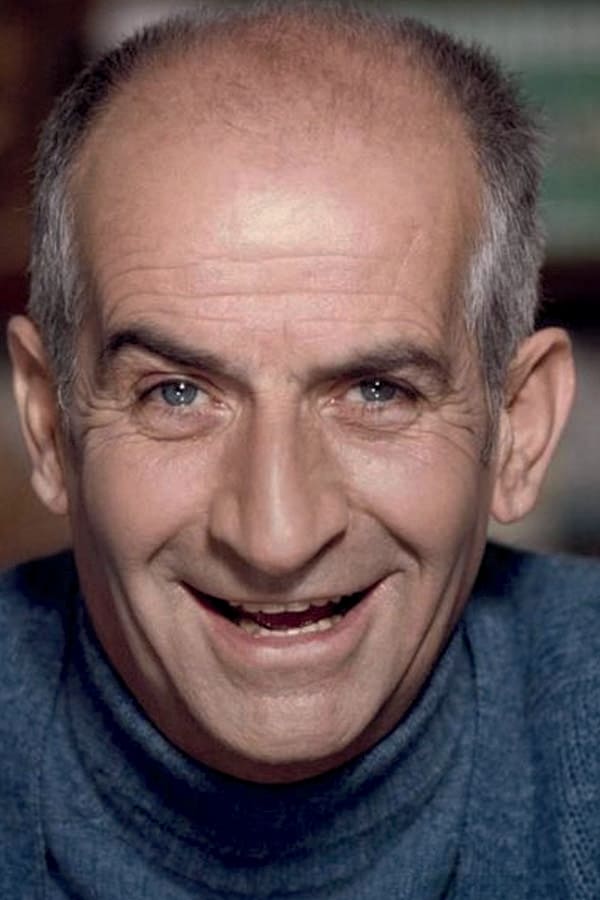

Louis de Funès, born Louis Germain David de Funès de Galarza, was a popular French actor of Spanish origin and one of the giants of French comedy alongside André Bourvil and Fernandel.
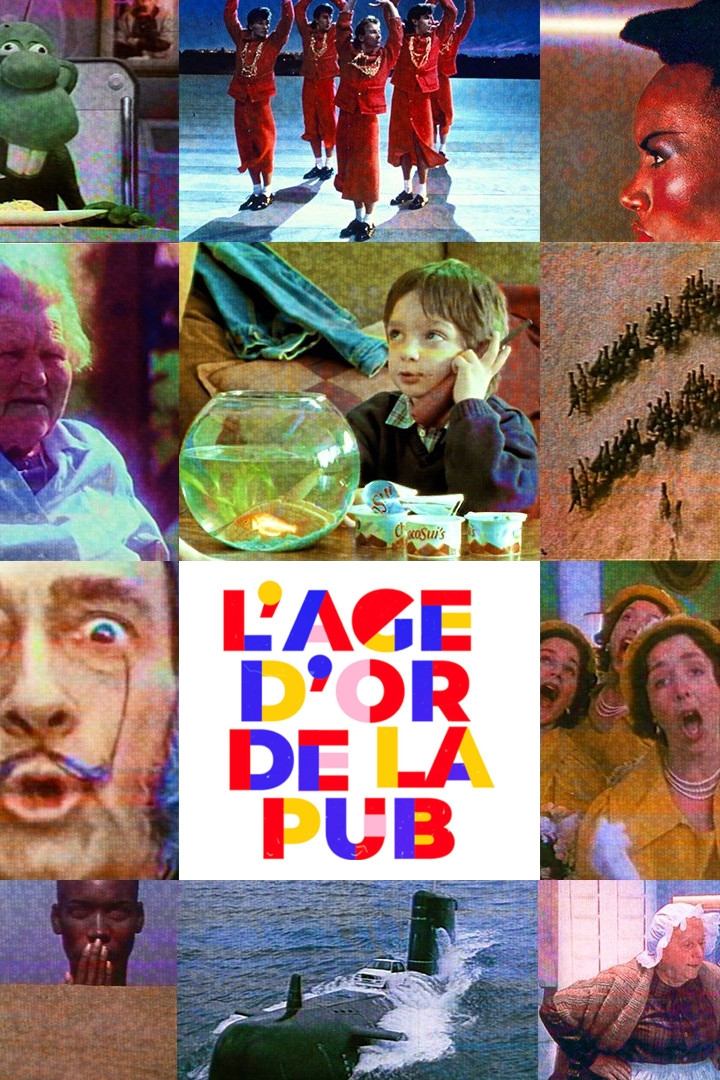
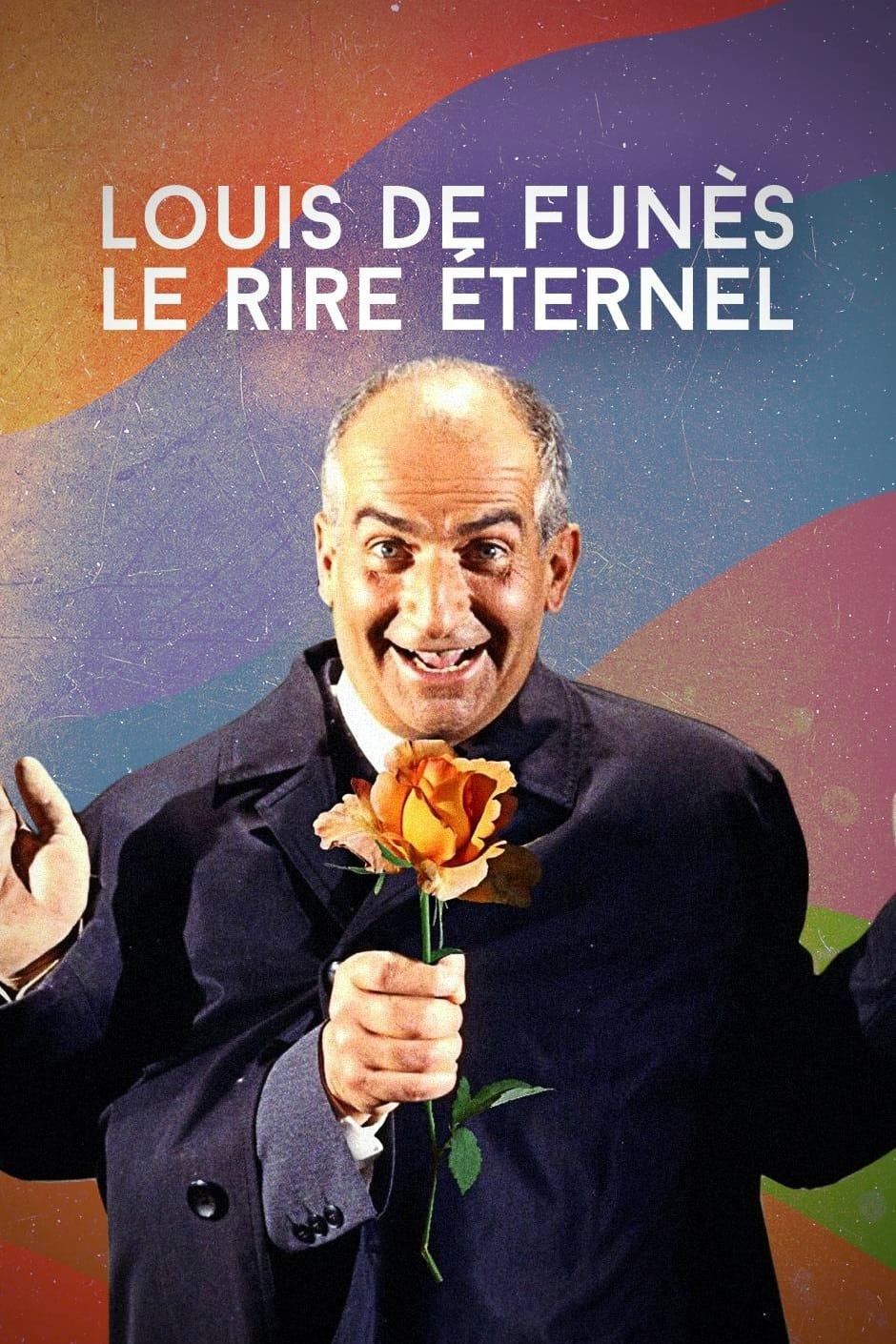
On the occasion of the fortieth anniversary of the death...
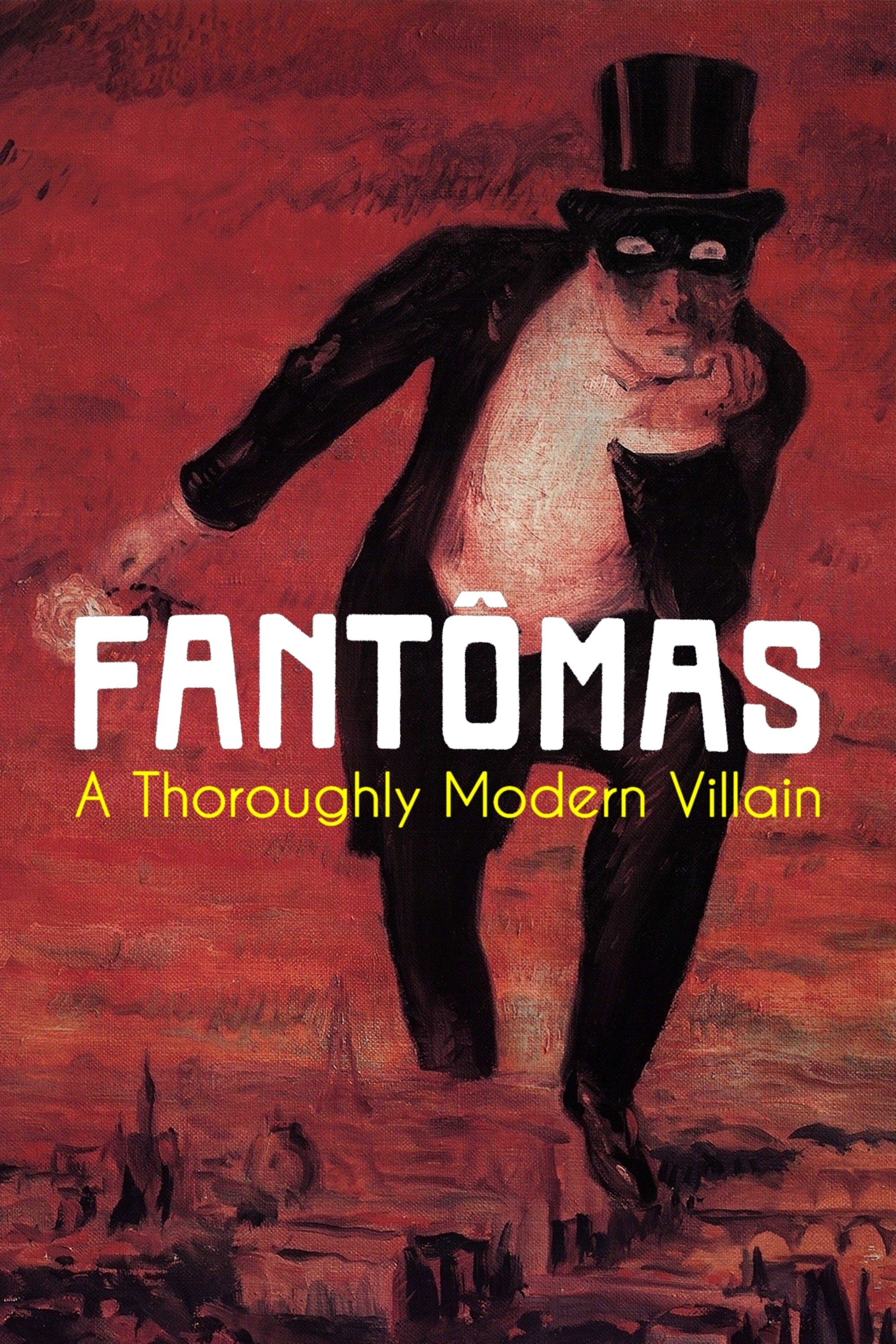
The story of Fantômas, the first villain of modernity, from...

In May 1974, Valéry Giscard d'Estaing became President of the...

The comic art of Louis de Funès (1914-1983), like that...
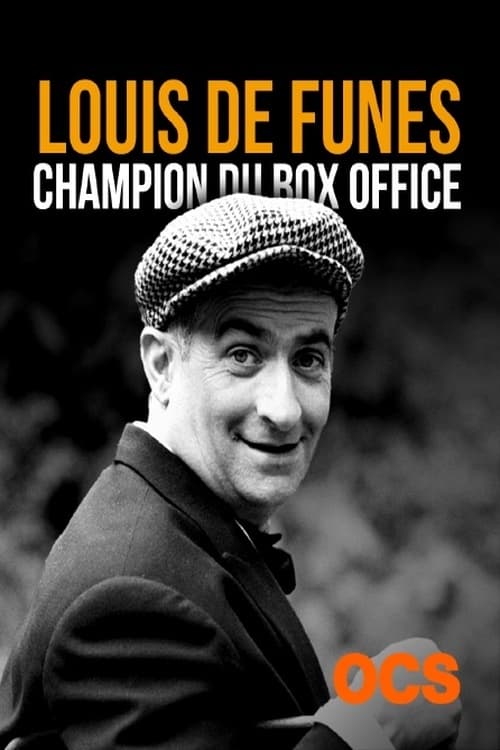
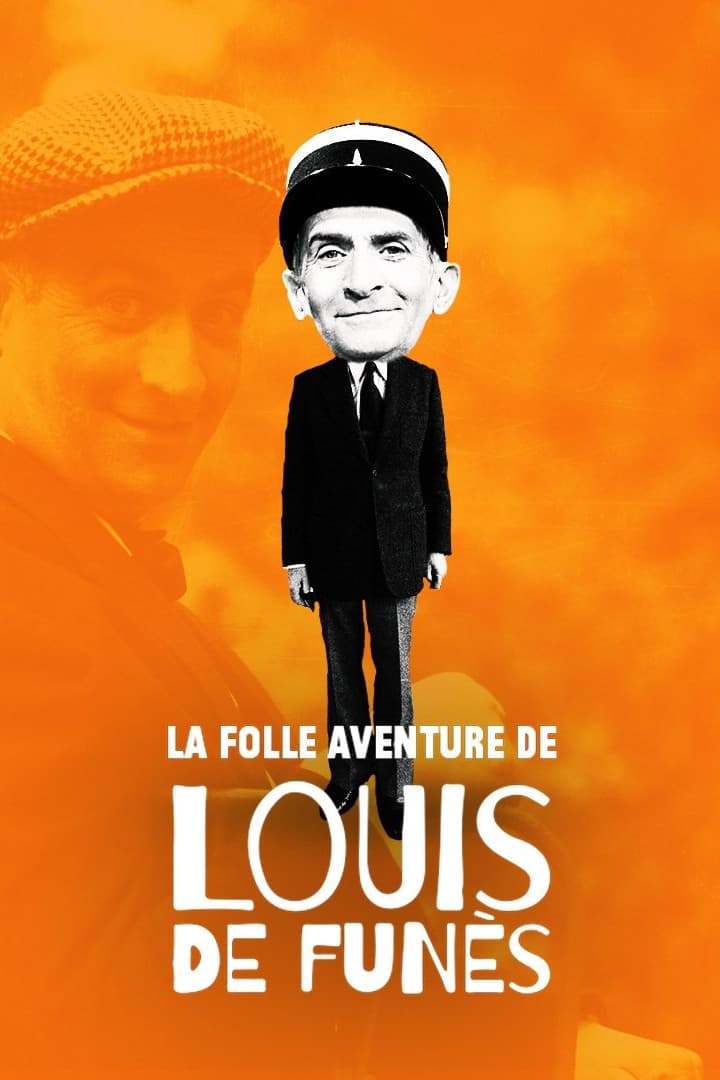

An account of the last two centuries of the Anthropocene,...

Charles de Gaulle, the first president (1958-1969) of the Vth...